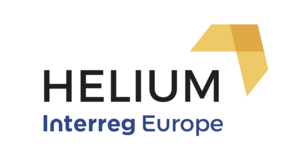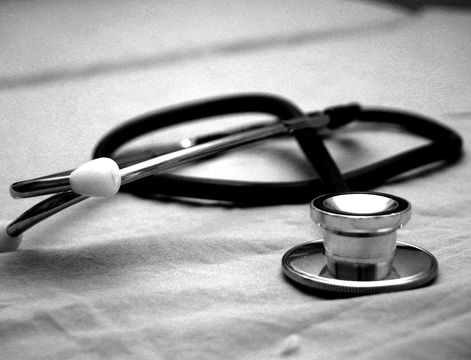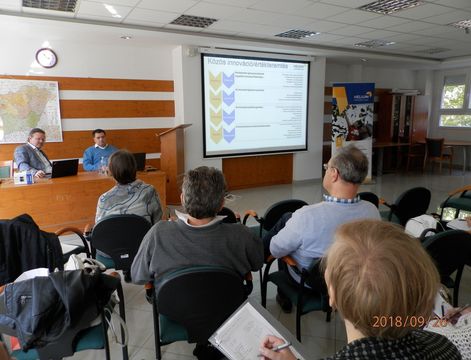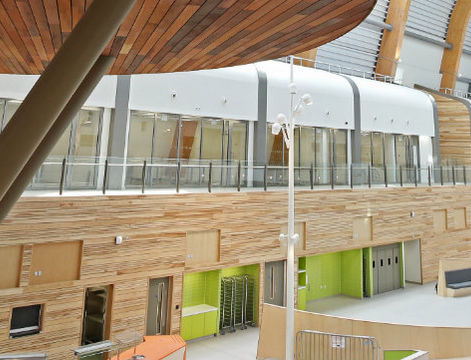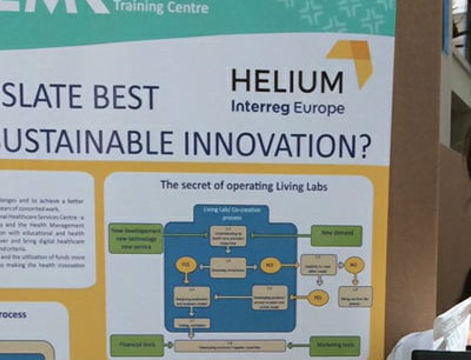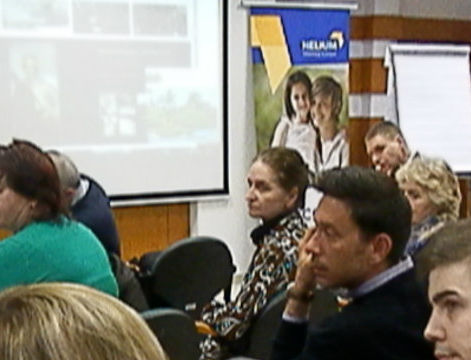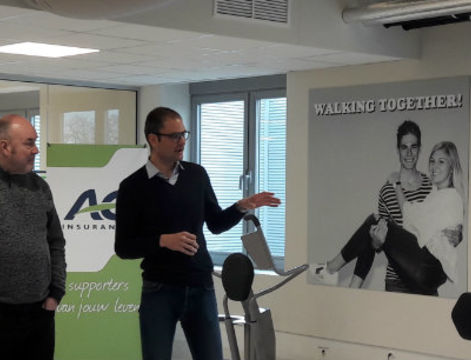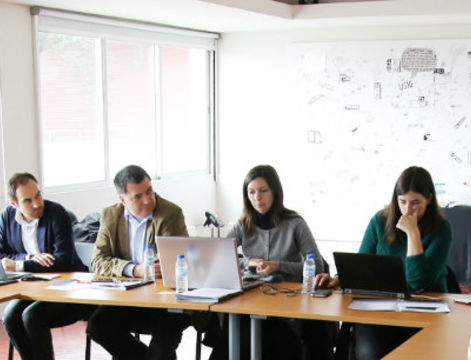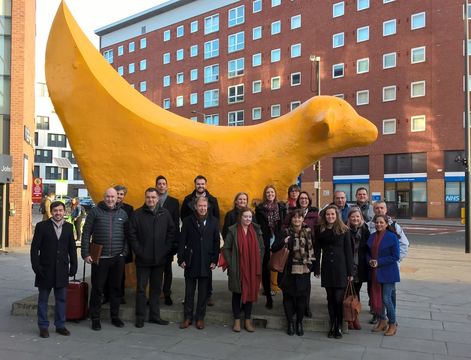The Final Dissemination Event of the HELIUM project symbolises the end of the 4 year collaboration between the project partners. Orginally, this event was planned to take place in Budapest, hosted by Semmelweis University and the National Healthcare Service Center (AEEK), in the first half of the calendar year. Unfortunately however, due to the COVID-19 pandemic and the ensuing restrictions on travelling, the preparations for the event in Budapest had to be halted for the time being pending a hopeful improvement of the situation. Unfortunately however, this improvement did not come as fast as we had hoped which meant that we had to resort to an online solution in order to still be able to share the outcomes with an interested audience.
On the 23rd of September, the project consortium and invited guests came together online for the HELIUM Final Dissemination Event. During this event, the project partners were able to share and communicate the results which have been achieved after these past four years of collaboration, learning from each others' health innovation ecosystems, and working on the transferral of Good Practices to the partners' home regions for the improvement of the local/regional health innovation systems.
Policy influencing is at the core of all Interreg Europe projects, including the HELIUM project, and thus, the primary focus of all partners (with the exception of our Advisory Partner, Thomas More Kempen). Over the course of our collaboration, we have seen different avenues being pursued to achieve concrete policy change, such as through the development and signing of documents which brought regions closer to one another to tackle structural problems faced in healthcare systems which are not bound to national borders, and the unique challenges presented to the UK partners, Liverpool John Moores University and the Liverpool City Region Local Enterprise Partnership, with Brexit becoming a factor to take into account with regards to policy influencing and its effectiveness towards the future. Despite this, as a consortium, we have been able to achieve great successes. Our Advisory Partner, despite the fact that they were not tasked with the influencing of a policy instrument, was able to transfer a Good Practice from the UK to their own region and attract regional ERDF funding to operationalise the Good Practice. The UK partners, in their turn, were able to secure just over EUR 2 million in funding to support their goals in supporting SMEs to make use of open innovation facilities in the health and life sciences sector. Our project partners from Budapest, Hungary, collaborated closely with their Managing Authority and other relevant government offices and institutions to bring the HELIUM learnings under their attention. This resulted in the amendment of two financing calls, affecting around EUR 35 million dedicated to health innovation. Partners from Portugal were focussed on the development of a new Living Lab in the Porto region and have found supporting partnerships in the form of a connection to the EIT Health network. Finally, the Dutch partners, both focussing on boosting interregional collaboration between Living Labs through either the incorporation of Living Labs as valid R&D&I instruments in policy, and the creation and setting up of a EU-wide network of Living Labs capable of meeting industrial needs to support development of innovative healthcare products and services.
Parallel to the sharing of the results from the project partners, we also welcomed two external speakers to the session. First we had the Vice-President of the European Network of Living Labs parttake to share with us insights regarding the positioning of Living Labs in the upcoming EU programming period, followed by the Cooperative Slimmer Leven 2020. Slimmer Leven has been a structural stakeholder in the HELIUM project for the Dutch partners and the Advisory Partner and joined the session to present a H2020 project proposal which has been submitted, among the partners are Slimmer Leven themselves and Thomas More Kempen (HELIUM's Advisory Partner), which focusses on further developing the ideas and learnings of the HELIUM project with regards to interregional living lab collaboration in the fields of, amongst others, data sharing between living labs.
We look back at these past years with a smile, having had the opportunity to work together with great individuals who have been instrumental to the sharing of knowledge across these EU regions for the benefit of the health innovation ecosystems represented through the project consortium.
To watch the HELIUM Final Dissemination Event, please click on the link below to take you to a recording of the session.
youtu.be/GwuQ2BAGCIs
